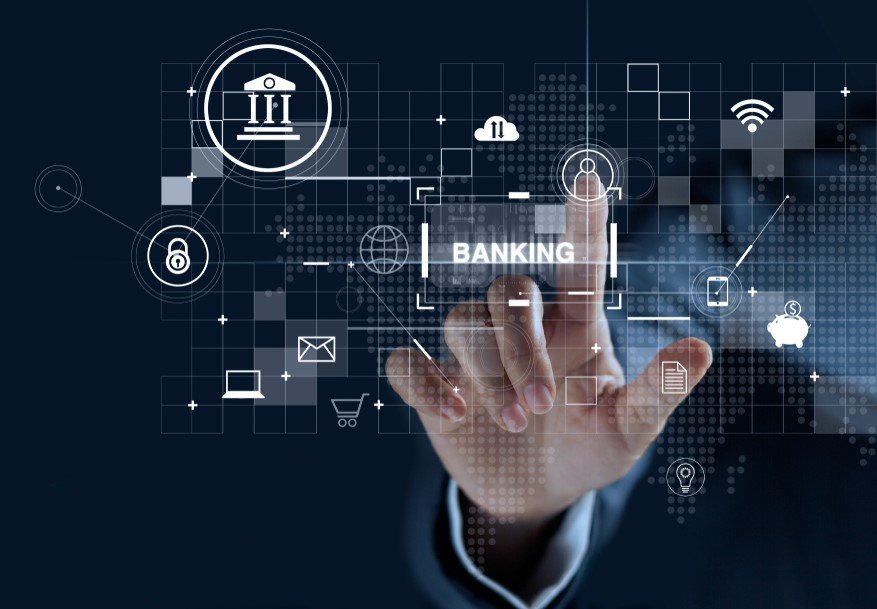The digital banking revolution is transforming the way people access and use financial services. As more banks move away from traditional physical banking to digital platforms, customers now have access to a range of new features such as online banking, mobile payments, and digital currencies. This shift has not only changed customer service but also increased security measures for customers’ data.
In this article, we will look at how this change in technology is impacting the banking industry and what benefits it can bring both consumers and businesses. We will also discuss the potential risks associated with digital banking and how banks are responding to them.
The Benefits of Banks Going Digital for Consumers
One of the biggest benefits for consumers is convenience. Digital banking services allow customers to access their accounts and manage finances without ever having to visit a physical bank. Customers can quickly transfer money, pay bills, and check balances from wherever they are. This eliminates the need for long queues at banks or the reliance on ATMs, which often have high fees.
Another advantage of digital banking is greater control over finances. Consumers can be in full control of their money by setting up budgets and tracking spending. With the help of smart algorithms, customers can easily keep track of their financial goals and receive personalized recommendations on how to save money.
Digital banking also makes it easier for customers to manage digital currencies such as Bitcoin. Through digital currency management systems, customers can easily track and move digital currencies between different wallets. This has made digital currency transactions much more efficient and secure for consumers than traditional banking methods.
The Benefits of Banks Going Digital for Businesses
Businesses are also reaping the benefits of digital banking platforms. With the help of automated payments, businesses can make and receive payments more quickly and securely than ever before. This reduces the need for manual payment processing and helps improve cash flow management.
Digital banking also makes it easier to manage customer accounts. Businesses can access customer profiles instantly and track spending trends in real-time. This gives them more insight into customer behavior, which can help them better target customers with offers and promotions.
In addition, businesses can use digital banking to access new financial services such as loans and investments. This eliminates the need for lengthy paperwork or manual processing for these services, making it easier for businesses to access funds quickly.
Potential Risks of Digital Banking
Although digital banking has many advantages, there are also potential risks that customers need to be aware of. cybercrime is a major risk in the digital banking world as hackers can gain access to customer data and financial information. To protect against this, banks must take steps to ensure their security systems are up-to-date and their data is properly encrypted.
Another risk of digital banking is the potential for customer fraud. With customers able to access their accounts remotely, there is a heightened risk of malicious actors stealing money or sensitive information. Banks must take steps to protect against this by implementing measures such as two-factor authentication and customer identity verification.
The Future of Digital Banking
Digital banking is transforming the way banks interact with customers and businesses. It has made financial transactions more efficient, secure, and accessible for everyone. As technology continues to evolve, banks are likely to use digital banking, even more, to provide better customer experiences and greater security for their customers’ data. This shift in the banking landscape will undoubtedly have a positive impact on both consumers and businesses, paving the way for a brighter future.
In conclusion, digital banking has revolutionized the traditional banking industry by making it easier for customers to manage their finances and businesses to access new financial services. With banks taking steps to ensure customer data is secure and investing in the latest technology, the future of digital banking looks very promising.


